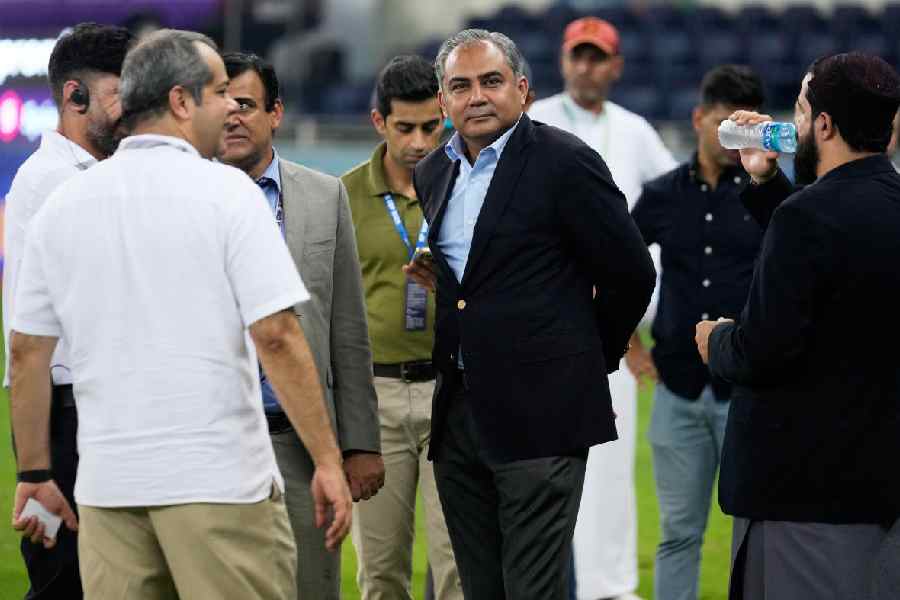|
|
An international sporting event is a collective experience; it connects a large number of people — players, coaches, organizers and most importantly, spectators and fans. Perhaps more than any other form of cultural activity, sport is capable of bringing the whole world together. But here a question arises — at what cost? In an effort to expand its influence, sports have drawn upon many features of modern society — some of which can also be labelled as vices.
Before the recent Fifa World Cup in South Africa, it was predicted that around 40,000 women would be brought to the country from all over the world, mainly from East Europe, to work as sex workers during the event. It was also conjectured that rural children would be lured to join the sex trade during their month long vacation at the time of the World Cup.
Rise in prostitution during a sporting event caught the public attention during the 2004 Athens Olympics and then during the Fifa World Cup in Germany in 2006. There was an uproar in Europe when Greek officials decided to expand brothels in Athens in 2004 to meet increased demands during the Olympics.
The number of sex workers working near the 2012 Olympic site in Stratford, East London, has reportedly doubled since work began on the stadium. But should we be bothered with what is happening elsewhere? Well, let’s not forget that brothels in our own capital are gearing up for the Commonwealth Games to be held in October this year. The brothels on G.P. Road are reportedly being renovated to attract foreign tourists. Sex workers are being given English lessons to help them communicate with clients from abroad. Escort agencies are putting up advertisements illegally using the Commonwealth logo and inviting tourists to contact the “CWG Delhi Escorts”. Escort agencies from all over India are focusing on Delhi, expecting a considerable increase in business during the Games. The sex market in Delhi is expected to boom like never before.
But our concern here is not the increase in the number of sex workers, but rather the rise in human trafficking. It is feared that young girls from West Bengal, Jharkhand, Chhattisgarh, Tamil Nadu and Karnataka will be trafficked to the capital before the Games. It has been estimated that more than 2.3 million girls and women work in the sex industry within India at any given time, and more than 200,000 people are reportedly trafficked into, within, or through the country. Girls from neighbouring countries such as Nepal and Bangladesh are also brought to India. One can safely guess that human trafficking will increase considerably during the Games. All host countries of recent international competitions have experienced an influx of sex workers during these events. Activists have also expressed concern over the concomitant increase in substance abuse and sexually transmitted diseases.
Hosting the Commonwealth Games is a much bigger challenge for India than many would have thought. This is partly because sports carnivals have not changed much in essence since the ancient Olympics. A victory banquet is still an event meant to cater to male tastes. In ancient times, merchant ships from the Asia Minor and Egypt used to carry cargoes of women to work as pornai, prostitutes. In modern times, women are still trafficked. It seems that human nature has not changed at all.











